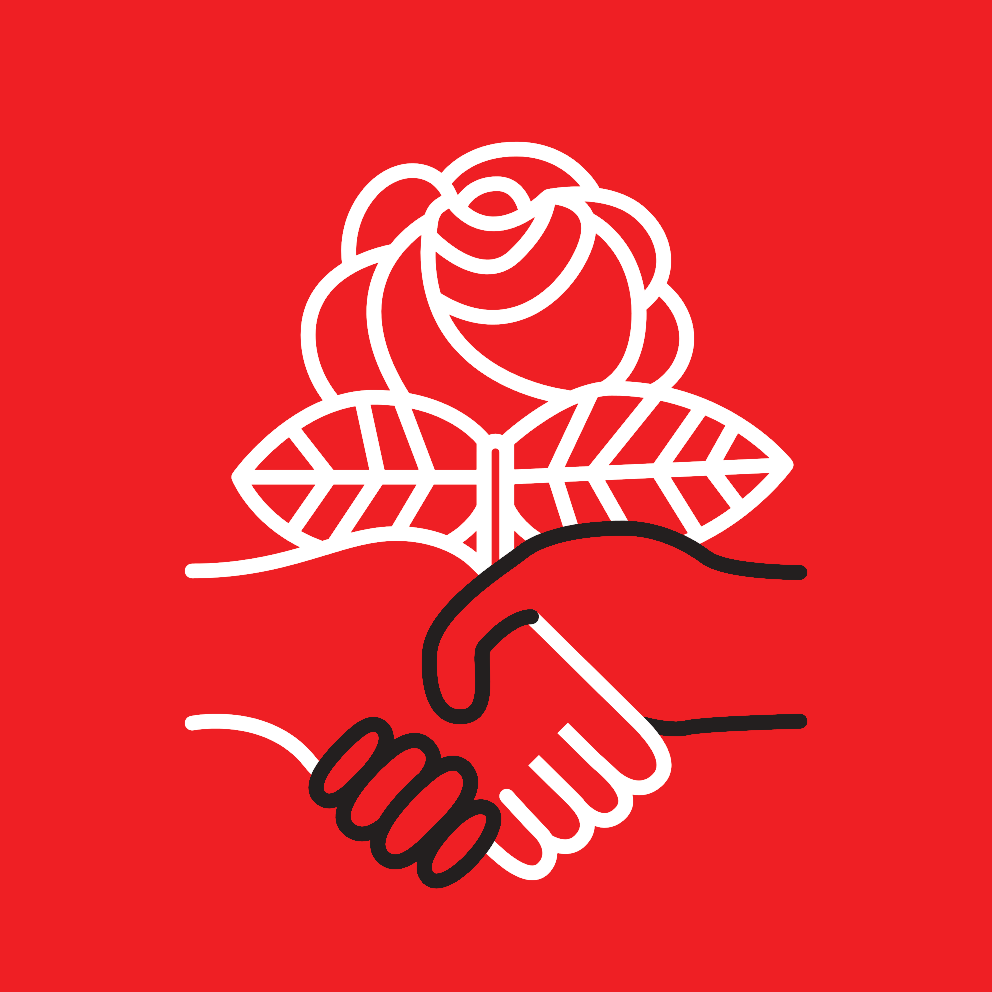Democrats need to look to their identity politics and lack of understanding of issues of workers, farmers and other non-elites. They need to dump the emphasis on issues such as insisting that we not be so ignorant as to want to teach our children that there are two sexes and that males should be welcome in girls' sports. They must understand that parents (n school boards) should be as important as teachers' unions in deciding what should be taught to our children. Curiously, we have come far from Obama's inclusive policies and his wish that we do not emphasize race and gender.
===================
Believe it or not, it is not Republican labeled socialist policies that are at issue from 1912 until now. The Republicans are right. Democratic socialist policies have been part of the Democratic Party at least since Roosevelt's New Deal. And we are proud of our success in implementing these policies.
The failure of the Democratic Party does NOT lie in the implementation of a better and better safety net and better and better civil rights and environmental protections. And yes, these were part of the progressive Social Party platform in 1912. The major objection that the majority has opposed over the years is federal ownerships of some industries and mining resources, although we do have AMTRAK.
=====================================================
The Socialist Party's 1912 platform advocated for a radical reorganization of American society and the economy, calling for
collective ownership and democratic management of major industries and resources.
The platform focused on a wide range of issues, including:
Social and industrial reforms
- A shorter workday, more effective inspections of workplaces, and the prohibition of child labor under 16 years of age.
- Minimum wage scales, according to Sage American History.
- Old-age pensions and insurance against unemployment, invalidism, industrial diseases, accidents, and death.
Economic policy
The platform proposed public ownership of major industries and resources, such as railroads, telegraphs, and mines. It also called for
progressive income and inheritance taxes to help fund the socialization of industry and advocated for the
collective ownership of the banking and currency system.
Political reforms
Key political reforms in the platform included unrestricted and equal suffrage for men and women,
direct election of the President and Vice-President, and the abolition of the Senate and presidential veto power. The party also sought the
abolition of the Supreme Court's power to rule on the constitutionality of legislation and easier ways to amend the Constitution.
Other Issues
The platform supported freedom of the press, speech, and assembly, the conservation of natural resources, and the
collective ownership of patents. It also aimed to address the needs of farmers through measures like state-backed cooperatives and progressive land taxes. The party's stance on racial segregation evolved, ultimately adopting a resolution against racism and supporting the organization of workers across racial lines.
The ideas presented in the 1912 platform, while considered radical at the time, reflected Progressive Era concerns about industrialization and inequality, advocating for increased government regulation and social welfare.



